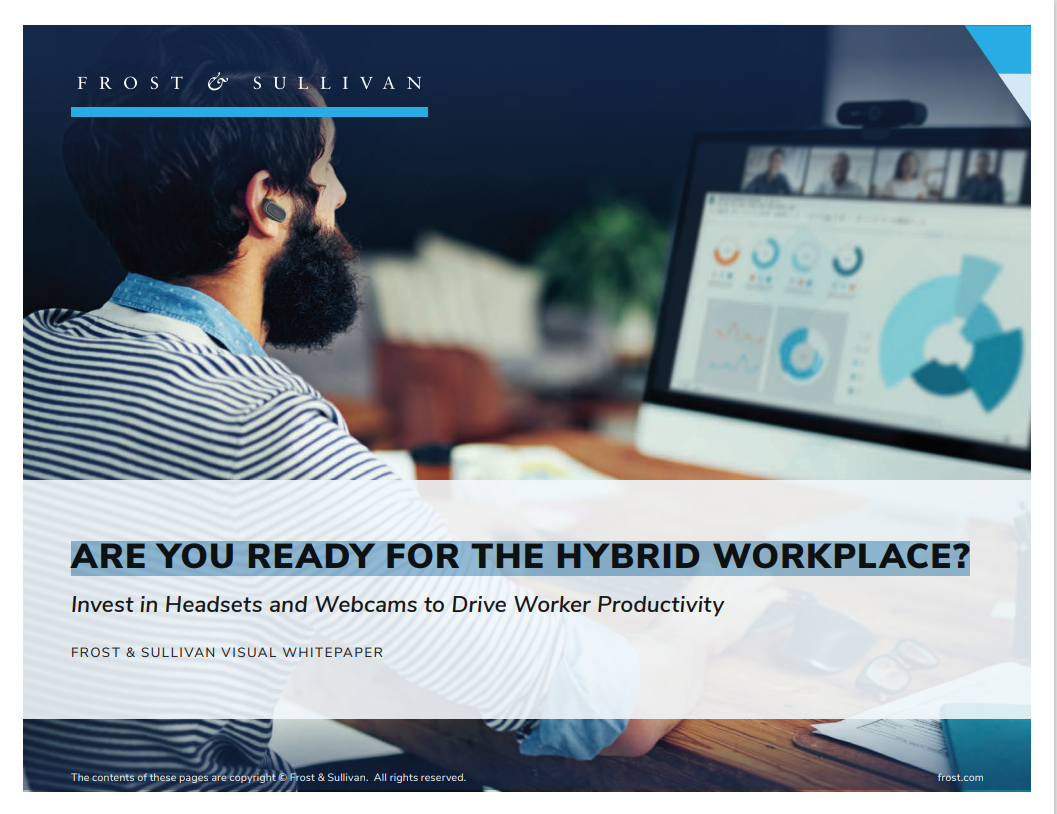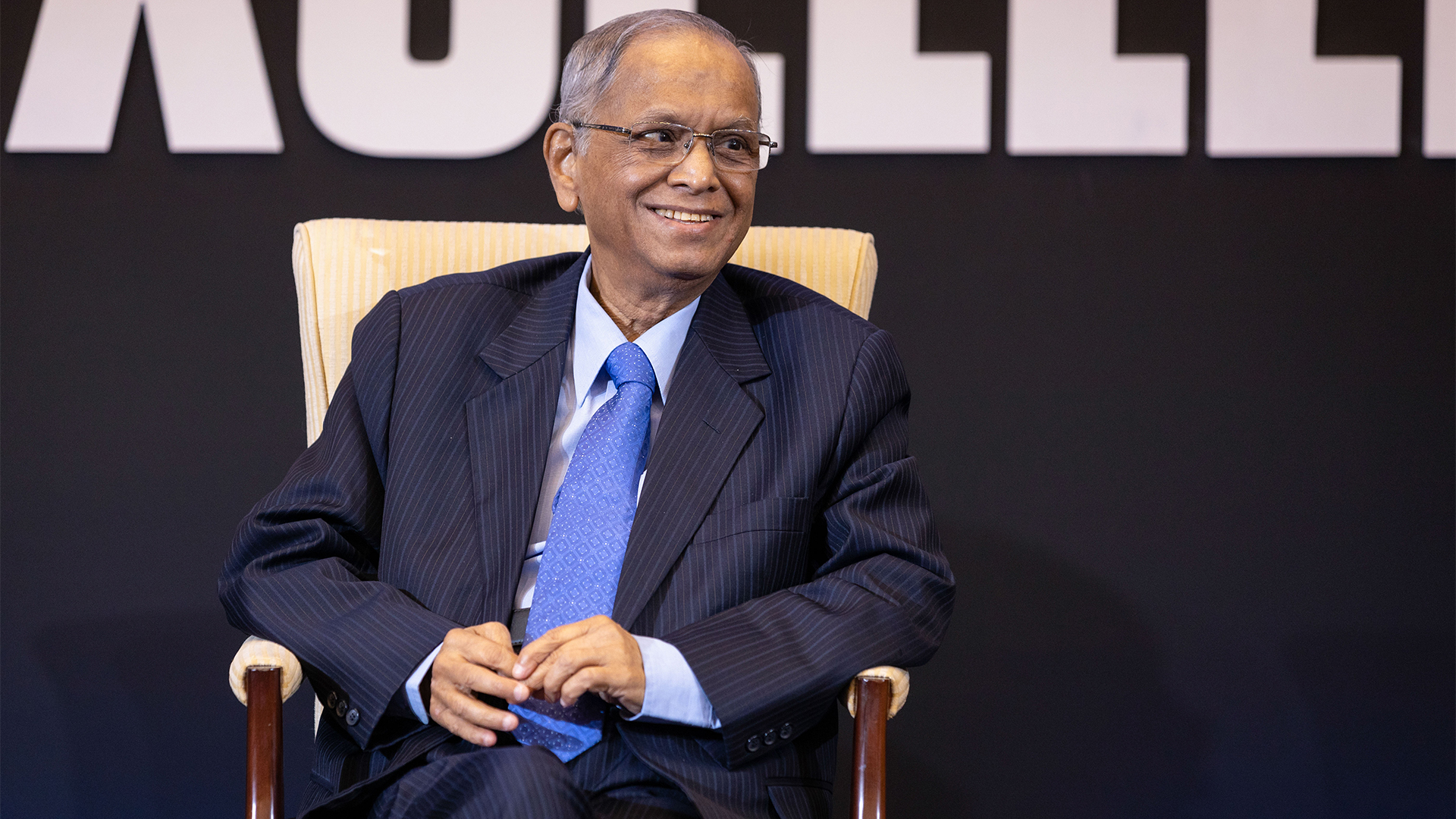UK workers reveal what the perfect job looks like
A comfortable £44,000 annual salary and modest work hours comprise the chief desires of UK employees


Details of what UK workers believe to be the perfect job have been revealed following a survey of 2,000 individuals this week.
A £44,000 annual salary is considered to be the average optimum salary to thrive here in the UK and findings revealed workers would like to work 21-30 hours per week.
People in the UK would be most pleased with a total of 29 days annual leave, including a day off for their birthday, the research from Raja Workplace revealed.
Workers also expressed the ideal commute time would be 16-20 minutes which goes against other recent post-pandemic investigations into employees' workplace preferences.
Research from Okta last year contradicted the findings of the office supply company, revealing that most UK workers didn't want to return to the office and their productivity was greater when working remotely.
The 'perfect job' survey showed that just one in three survey respondents are working what they feel to be their perfect job. Other important areas leading to overall job satisfaction are centred around work culture with 95% agreeing it's important for overall satisfaction.
One in three (36%) even said the culture is more important than the salary, and the same proportion of respondents also believe having the ability to talk to colleagues in their workplace setup is vital.
Sign up today and you will receive a free copy of our Future Focus 2025 report - the leading guidance on AI, cybersecurity and other IT challenges as per 700+ senior executives
Work benefits also have a significant impact on overall job satisfaction. Regular pay rises, bonuses for exceptional work, an excellent pension, and health insurance rank among the top 10 work perks from a financial perspective.
Workers also expressed a wish to see their employer investing in them and their future, with ample training opportunities, and chances to learn and advance in their careers also proving especially desirable.
Miscellaneous benefits such as casual office dress codes and free refreshments like tea and coffee were also among the most favourable workplace benefits according to the survey.
"It’s great to see so many people already believe they have found their dream job as work is such a huge part of our modern lives,” Andrew Wood, Raja Workplace spokesperson, said to the Independent.
RELATED RESOURCE

Are you ready for the hybrid workplace?
Invest in headsets and webcams to drive worker productivity
“There are so many different things employers must take into consideration when designing a workplace and environment for their employees," he added.
The UK tech industry's average salary is up there with the best of them at £62,500, according to CW Jobs, far exceeding what the UK feels is ideal.
The tech sector is also famous for being one of the industries in which it's most common to find jobs with remote work, although ONS data showed remote workers spend more time on the job. However, tech workers are also notoriously overworked and often suffer from burnout.

Connor Jones has been at the forefront of global cyber security news coverage for the past few years, breaking developments on major stories such as LockBit’s ransomware attack on Royal Mail International, and many others. He has also made sporadic appearances on the ITPro Podcast discussing topics from home desk setups all the way to hacking systems using prosthetic limbs. He has a master’s degree in Magazine Journalism from the University of Sheffield, and has previously written for the likes of Red Bull Esports and UNILAD tech during his career that started in 2015.
-
 The modern workplace: Standardizing collaboration for the enterprise IT leader
The modern workplace: Standardizing collaboration for the enterprise IT leaderHow Barco ClickShare Hub is redefining the meeting room
-
 Interim CISA chief uploaded sensitive documents to a public version of ChatGPT
Interim CISA chief uploaded sensitive documents to a public version of ChatGPTNews The incident at CISA raises yet more concerns about the rise of ‘shadow AI’ and data protection risks
-
 Infosys co-founder Narayana Murthy called for a 70 hour week last year — now he says that’s not enough
Infosys co-founder Narayana Murthy called for a 70 hour week last year — now he says that’s not enoughNews Murthy thinks longer hours akin to China’s '996' approach are the key to success
-
 Microsoft could be preparing for a crackdown on remote work
Microsoft could be preparing for a crackdown on remote workNews The tech giant is the latest to implement stricter policies around hybrid working without requiring a full five days in the office
-
 IT professionals aren’t budging on flexible work demands – and more than half say they’ll quit if employers don’t meet expectations
IT professionals aren’t budging on flexible work demands – and more than half say they’ll quit if employers don’t meet expectationsNews Analysis from Randstad shows 40% of UK-based IT pros have quit over a lack of flexible work options, while 31% of workers globally have done the same.
-
 'The tide seems to be turning towards office attendance': 64% of hybrid business leaders want staff back in the office – but many worry that enforcing RTO mandates will drive employees away
'The tide seems to be turning towards office attendance': 64% of hybrid business leaders want staff back in the office – but many worry that enforcing RTO mandates will drive employees awayAnalysis Many UK business leaders want their staff back in the office more frequently, but they’re scared to implement return to office (RTO) mandates in fear of worker revolts.
-
 Employees are dead set on flexible working arrangements – three quarters would turn down a role that didn't offer hybrid options as work-life balance becomes more important than pay
Employees are dead set on flexible working arrangements – three quarters would turn down a role that didn't offer hybrid options as work-life balance becomes more important than payNews New research shows workers are increasingly demanding flexible working arrangements from employers.
-
 Nearly half of tech workers are seeking new roles – declining employee benefits and reduced flexible working options have staff looking elsewhere
Nearly half of tech workers are seeking new roles – declining employee benefits and reduced flexible working options have staff looking elsewhereNews While salaries are rising for tech workers, other benefits are in decline, leading to a fall in job satisfaction
-
 Untethered: How CIOs and CISOs are paving the way for the new hybrid workforce
Untethered: How CIOs and CISOs are paving the way for the new hybrid workforceWhitepaper Effective techniques to transition from exposed legacy infrastructure to an effective zero trust strategy
-
 Unified endpoint management and security in a work-from-anywhere world
Unified endpoint management and security in a work-from-anywhere worldWhitepaper Learn how to converge endpoint management and security processes and systems to drive efficiency and reduce risk